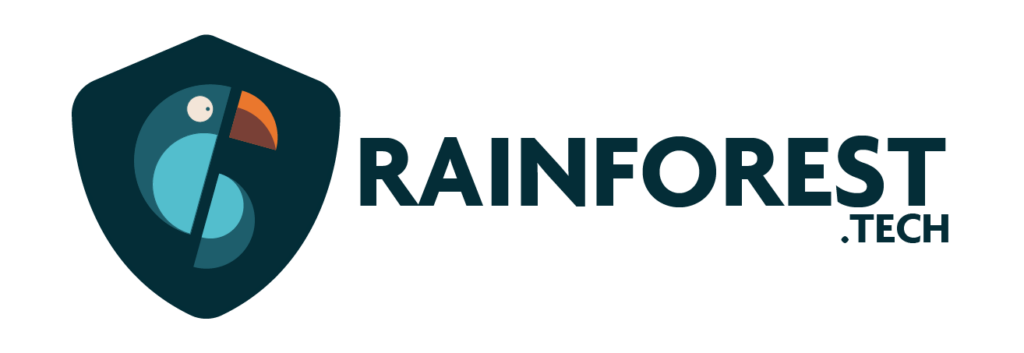Artificial intelligence (AI) has revolutionized several industries and the area of cybersecurity is no exception. The incorporation of AI has enabled more effective and comprehensive data protection for companies and individuals. In this post, we share 10 tips for successfully integrating artificial intelligence into your cybersecurity routines.
- Early threat identification: Artificial intelligence can process large amounts of data in seconds. This allows for faster and more accurate identification of potential threats, anticipating cyber attacks.
- Predictive analysis: Artificial intelligence, through machine learning algorithms, can analyze past behavior to predict future threats and attacks. This allows companies to proactively prepare and protect their systems.
- Task automation: Through AI, it is possible to automate various cybersecurity tasks, such as system scans, log analysis and identification of suspicious patterns. This frees up your team to focus on more complex tasks.
- Incident response: Artificial intelligence helps immediate response and recovery in case of cybersecurity incidents. AI can automatically close vulnerable ports, isolate compromised systems, and even initiate recovery processes.
- Professional training: Use artificial intelligence to create realistic simulations and training programs for your cybersecurity team. This will help your team better prepare for possible attack scenarios.
- Detection of anomalous behavior: AI can continuously monitor network behavior and identify any unusual or anomalous activity that could indicate a threat.
- Systems integration: Use artificial intelligence to synchronize and integrate your various cybersecurity systems, improving the efficiency and effectiveness of your defenses.
- Protection against zero-day attacks: AI can help protect against zero-day attacks, which are unknown threats that have not yet been identified by traditional security systems.
- Descriptive analytics: Using AI, companies can understand the “why” and “how” of a cybersecurity attack, allowing them to improve prevention and defense strategies.
- Increased privacy and data protection: Artificial intelligence can help ensure privacy and data protection, creating safer and more efficient systems.
In conclusion, artificial intelligence is becoming an indispensable tool in cybersecurity. By implementing these tips, you will be one step ahead, improving the security of your systems and data. We remember, however, that AI is a complementary tool and not a replacement for best cybersecurity practices.








